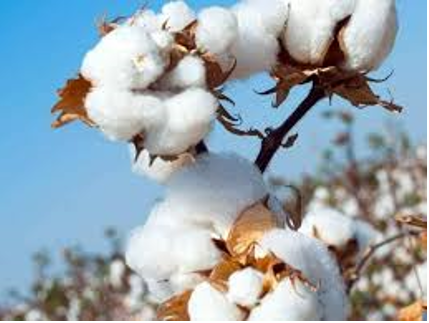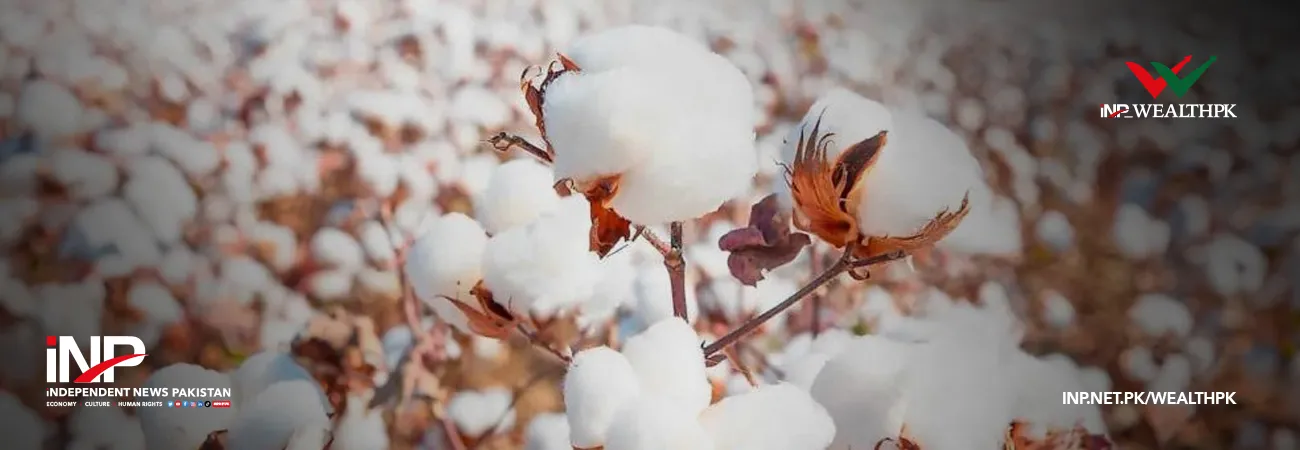INP-WealthPk
Muhammad Luqman
Pakistani and Chinese agricultural scientists have conducted successful trials of Pakistan’s first-ever hybrid cotton seed variety, whose commercial cultivation is expected to begin in 2029.

“This all depends on the existing seed approval system,” said Shahzad Ali Malik, Chief Executive Officer of Guard Agricultural Research and Services Limited and Chairman of the Pakistan Hi-Tech Hybrid Seed Association (PHHSA).
In an interview with Wealth Pakistan, he explained that if the government allowed a fast-track seed approval mechanism, the trials could indeed conclude by 2028; otherwise, the process may take longer. Currently, hybrid cotton trials are being conducted on 125 acres in Upper Sindh, Lower Sindh, and Southern Punjab.
Malik highlighted that hybrid cotton combines the favorable traits of two parental lines in the first generation (F1), resulting in significantly higher yields and greater resilience to stress due to 100% purity and uniformity.
He noted that cotton hybrids have the potential to bridge the widening production-demand gap for cotton fiber in Pakistan, a challenge that has persisted for the past two decades. “The availability of pure seed to farmers is set to be a game changer,” he said.
Hybrid cotton trials were first conducted in 2007. However, the progress stalled due to changing climate conditions — particularly rising temperatures and erratic weather. The current trials mark a revival of these efforts after 18 years. Malik said the public-sector cotton research institutes lack the capacity to develop hybrids and produce F1 seeds on an economical scale.
Biotechnologists and agricultural economists have placed high hopes on the development of hybrid cotton varieties in Pakistan, calling it a watershed moment for the country’s cotton economy. “This is a welcome development for Pakistani agriculture, as it will help double cotton production, which has nosedived in recent years due to climate change and other factors,” said Dr. Kausar Abdullah Malik, a leading biotechnologist and former federal minister for food security and research.
Talking to Wealth Pakistan, he emphasized that Pakistan’s public-sector research institutions were unable to achieve this milestone, making it essential for the private sector to take the lead. Building on their success with hybrid rice varieties, Pakistan’s private research firms are now poised to replicate that achievement with hybrid cotton, he said optimistically.
Dr. Malik added that the development of hybrid cotton would benefit both the farming community and the textile sector. Echoing these sentiments, Director of Farmers Associates Pakistan and agricultural economist Ebadur Rehman Khan said that low yields had pushed cotton growers into poverty. “High-yielding cotton varieties will once again make agriculture a profitable profession,” he said.
Khan pointed out that the curl leaf virus and climate change had hindered past attempts to develop hybrid cotton. “Hopefully, the researchers have accounted for these challenges while planning their trials this time,” he added. He expressed hope that the new cotton varieties would also possess strong characteristics in terms of lint quality and seed performance, enabling Pakistan to move toward self-sufficiency in both food and fiber sectors.
Credit: INP-WealthPk









